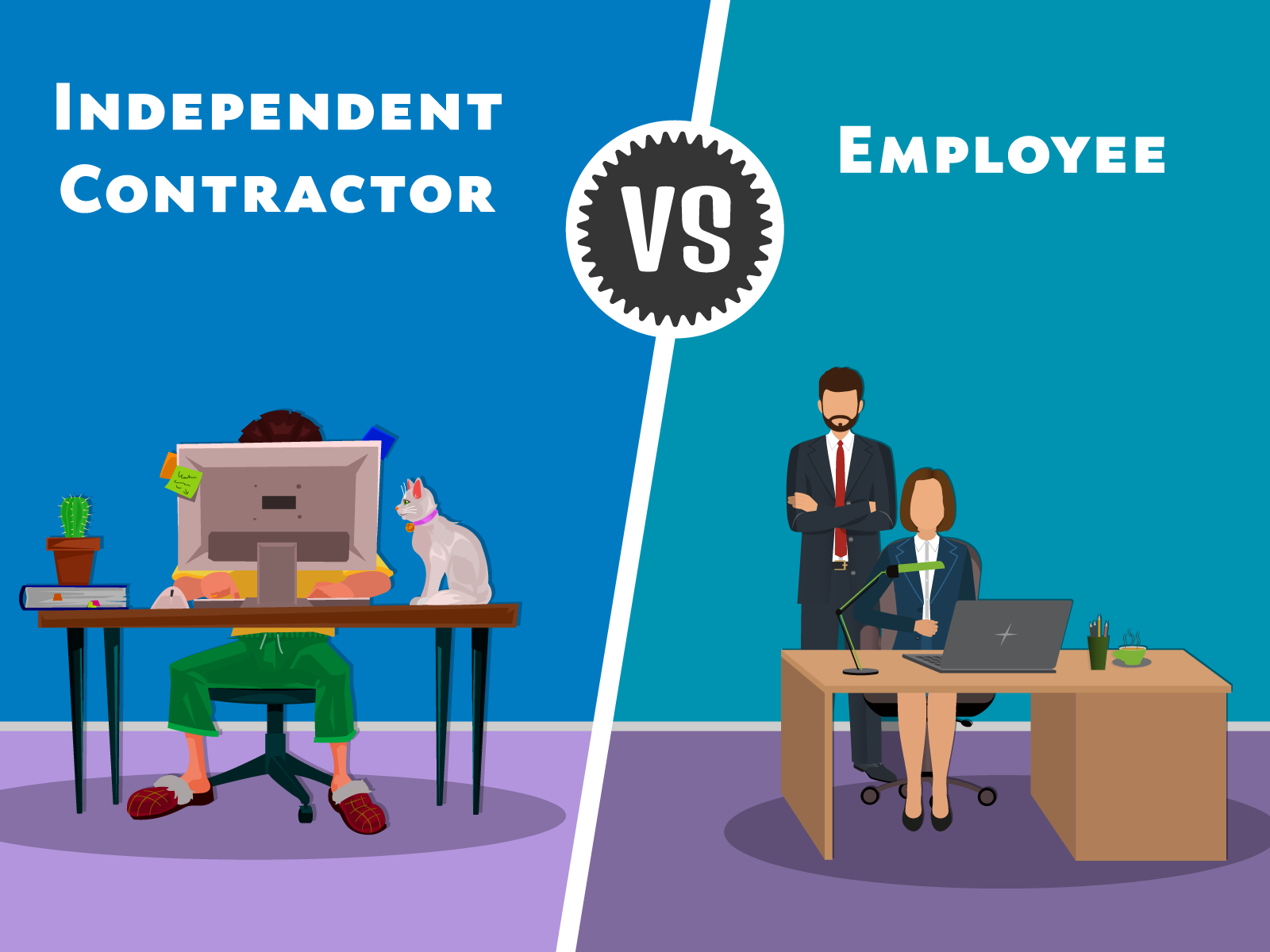The designation of Employee (w2) vs Independent contractor (1099) is not up to the free will of the parties. It has to follow regulations released by the IRS, DOL, and State authorities. Some business owners might consider that independent contractors might be less costly as there is no employer portion, no payroll processing fees, no workers compensation, etc. However, if there is a missclassification, there might be a litigation (i.e. independent contractor injury not covered by workers compensation or no access to unemployment), fines and penalties from authorities, , etc. so it might become an extremely expensive mistake.
IRS rules
- Behavioral Control: A worker is an employee when the business has the right to direct and control the work performed by the worker, even if that right is not exercised.
- Financial Control: Does the business have a right to direct or control the financial and business aspects of the worker’s job?
- Relationship: The type of relationship depends upon how the worker and business perceive their interaction with one another.
Link – https://www.irs.gov/newsroom/understanding-employee-vs-contractor-designation
DOL rules
- The extent to which the work performed is an integral part of the employer’s business.
- Whether the worker’s managerial skills affect his or her opportunity for profit and loss.
- The relative investments in facilities and equipment by the worker and the employer.
- The worker’s skill and initiative.
- The permanency of the worker’s relationship with the employer.
- The nature and degree of control by the employer.
Link – https://www.dol.gov/agencies/whd/fact-sheets/13-flsa-employment-relationship
Link – https://www.dol.gov/sites/dolgov/files/WHD/legacy/files/misclassification-facts.pdf
Link – https://webapps.dol.gov/elaws/whd/flsa/docs/contractors.asp
State rules
Each State has different rules and requirements for employee vs independent contractor classification, so please, check for your State guidance. Note that there are constant updates on this matter. You might recall the legal discussions about considering Uber drivers as employees versus independent contractors in California or New Jersey, which had significant consequences for the employer.
Note that authorities are enforcing employee classification because a) IRS collects medicare and social security during the year, not in quarterly estimates or at tax time for independent contractors, b) DOL wants to make sure that the employer does not deny benefits and/or protections, c) States receive taxes from the employees plus contribute to unemployment funds, disability funds, etc.
In certain cases, especially for independent contractors, our best recommendation is a clear agreement written and tailored by a lawyer. At a minimum, there should be an internal memorandum (our tailored template or similar document) addressing authorities rules to avoid potential issues in the future.


